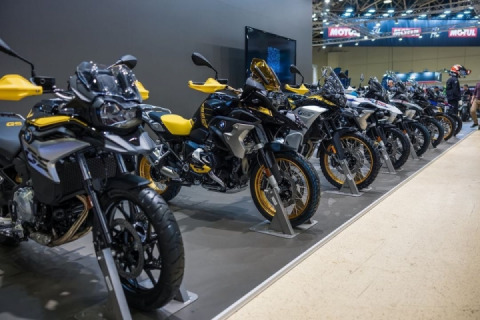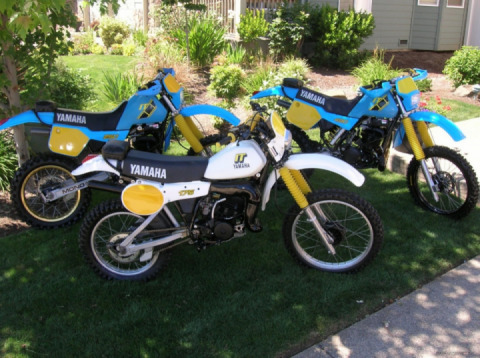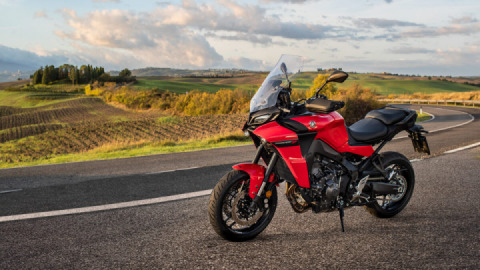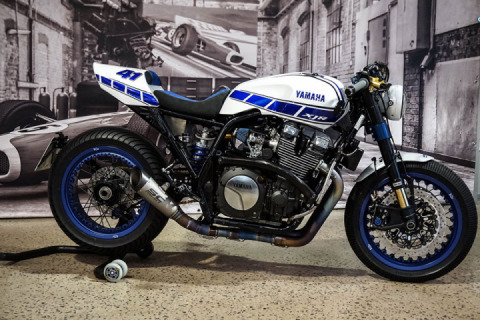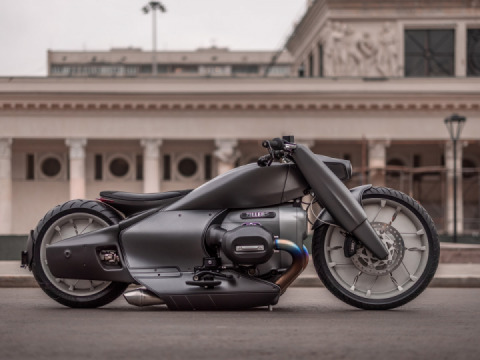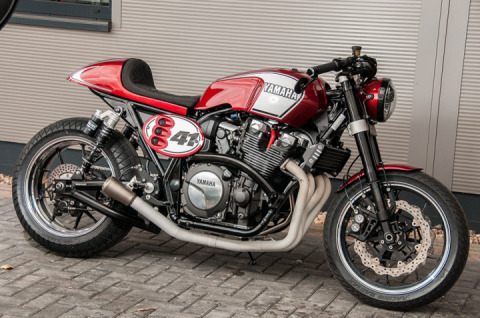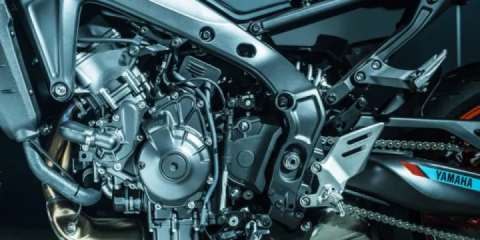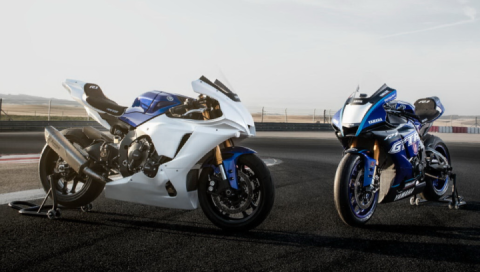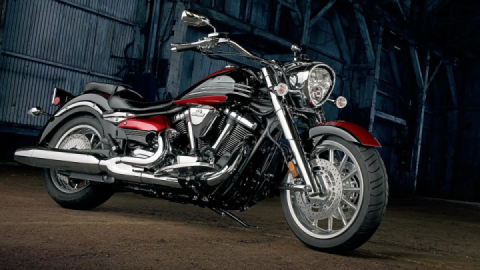While Yamaha's global motorcycle sales remained lower in 2021 than in 2019, the company's fortunes are clearly on the up. Unit sales have rebounded compared to the pandemic-hit figures from 2020 and over the full year, Yamaha Motor's income was higher than ever before.
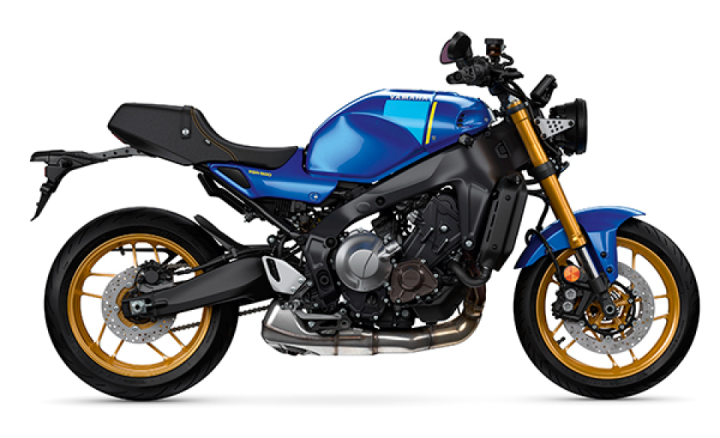 Although the end of 2021 was hampered by the appearance of new Covid variants, slowing down global economic recovery, and the semiconductor shortage, the lessons learnt from the height of the pandemic in terms of logistics and agility have helped Yamaha achieve record results.
Although the end of 2021 was hampered by the appearance of new Covid variants, slowing down global economic recovery, and the semiconductor shortage, the lessons learnt from the height of the pandemic in terms of logistics and agility have helped Yamaha achieve record results.
Net sales rose 23.2% compared to 2020 to 1,812.5bn yen, with operating income increasing 123.3% to 182.3bn yen. Ordinary income rose 116% to 189.4bn yen and net income by 193.1% to 155.6bn yen.
Back in 2019, Yamaha sold 5,056,000 bikes globally, dropping to 3,802,000 in 2020, but recovering somewhat to 4,490,000 in 2021. However, 2021 sales in Europe, North America and Japan were all higher than in 2019.
For 2022, Yamaha forecasts further growth, particularly in Europe, where sales are expected to rise from 189,000 in 2021 to 210,000 this year, and in America.
Yamaha has also revealed details of its medium-term management plan, promising a significant investment in improving its environmental performance. Targeting a 44% reduction in CO2 emissions by 2024, compared to 2010, Yamaha will introduce at least ten battery-powered electric motorcycles by 2024, as well as expanding its R&D facilities to pursue development of a variety of other green powertrains, including hybrids, hydrogen-powered combustion engines and those powered by renewable e-fuels.
#Moto #Bike #Yamaha
















